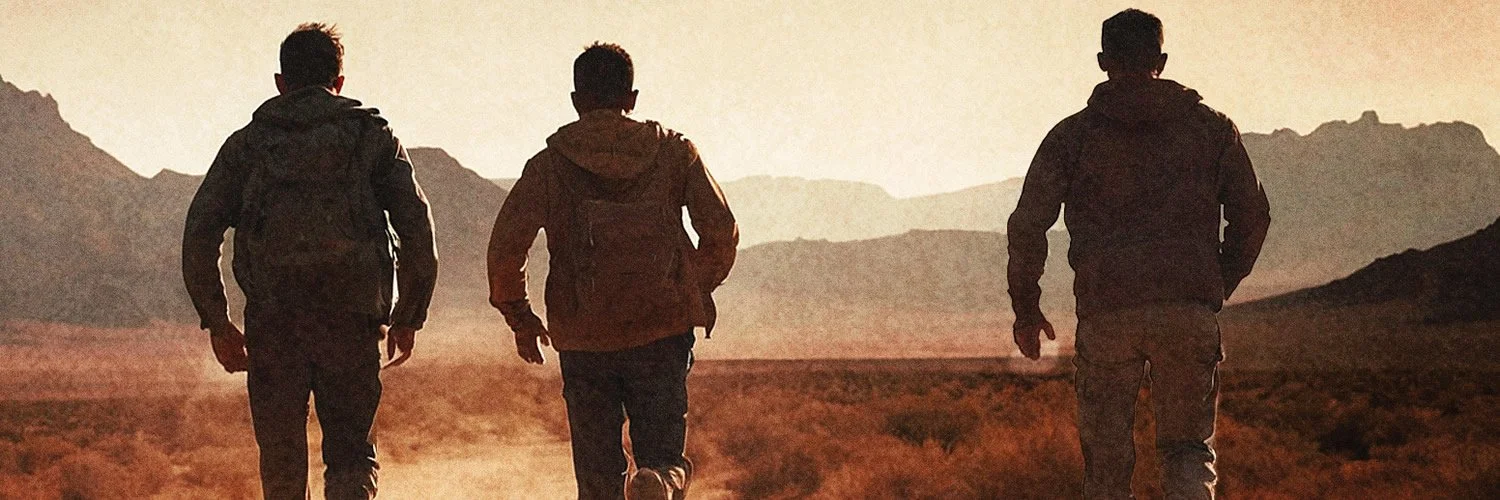I write this column with a bit of trepidation. In an era of cancel culture, taking on the subject of why Donald Trump remains popular with a large segment of the population risks alienating some potential readers. But those same people are the ones I hope to reach with this short essay.
There are two types of voters. One type votes almost exclusively on issues and policy. The second type of voter makes decisions on character and personality. Most policy voters will overlook flaws in a candidate who promotes their views and promotes policies that further those views. Personality voters will choose a candidate who they like and who they believe will do good things.
Trump is acutely tuned into the views of economic and socially conservative voters and has been willing to champion those views with policy decisions. They see the flaws in the man. They recognize his propensity for bombastic rhetoric. Most of them don’t like that, but they appreciate a candidate who is open and unafraid to take the slings and arrows of those with very different values. They know that they aren’t racist or prejudiced just because of their beliefs. Trump has become a bit of a folk hero for taking heat over the same things they believe.
Most conservatives truly believe that we are one people. They reject identity politics. They accept that none of us start on the same level but believe that we are all created equal and with that we are all challenged to make the most of what we are given. They ascribe to the belief I wrote about in my book Still Common Sense, that YOU OWN YOU, and that each of us has the ability to chart our own success. They reject the idea that somehow equality is superior to liberty.
Even evangelical voters continue to support Trump, perhaps because they believe that we are all flawed with sin, and believe that each of us can be forgiven.
I am not promoting Trump’s values, although I personally am closer to those than I am to a political philosophy that invests enormous amounts of energy in telling any citizen that the deck is loaded against them. I’ve never seen the value in telling anyone that it will be difficult to succeed. Personally, I’d like to see Donald Trump retire and take on the role of statesman for his beliefs. But until another candidate documents their commitment to the policies he promotes, perhaps with a more likeable persona, Trump’s following will be secure.
Those with differing views on policy are clear evidence of the value of liberty, the cornerstone of the constitution. Our disagreements as a people are a great strength. Anthony Bourdain said it very well, “I don’t have to agree with you to respect you.”
To the creators of vitriol-based social media, the nation is clamoring for solutions and that has always taken both sides to listen and negotiate. Ghandi once offered, “Honest disagreement is often a good sign of progress.”










